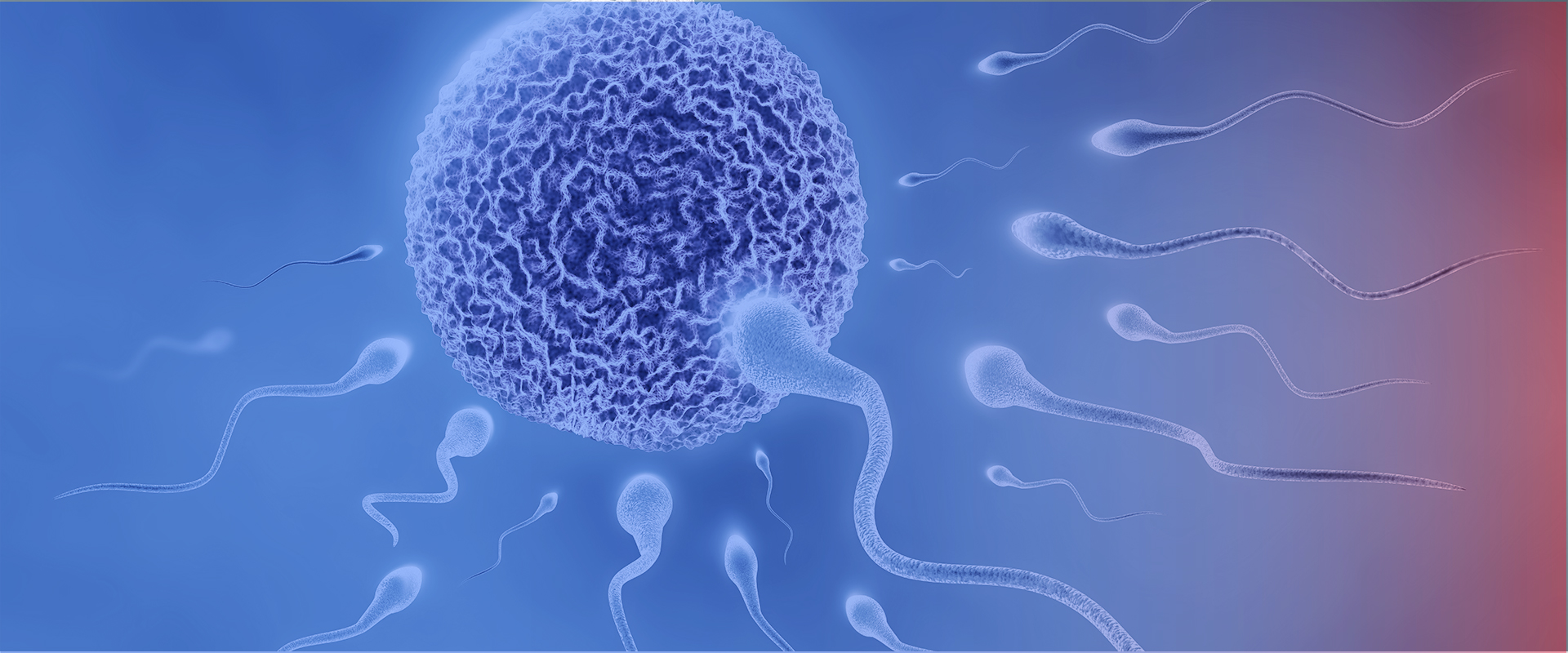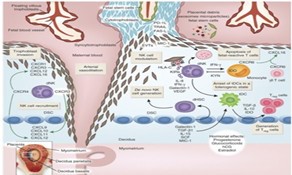
Study the mechanisms of maternal-fetal tolerance
Date:2020-04-26 [close]
Maternal-fetal interface is a natural structure that allows maternal acceptance of the fetal allograft, in which half of the genetic material is derived from paternal source. Organ transplantation, routinely used for treatment of organ failure, is allogeneic, too. However, the immune rejection hurdles still significantly hinder the clinical development of organ transplantation although HLA screening and immune suppression drugs are performed during organ transplantation. By the way, immune suppression drugs will significantly increase the infection and transformation chances of the recipient. Thus, the mechanisms involved in immune privilege at the maternal-fetal interface will make a great reference for successful organ transplantation and open a field for development of new strategies to induce tolerance in regenerative medicine. However, the underlying molecular mechanisms of maternal-fetal tolerance remain largely unknown. Therefore, Pro. Tongbiao Zhao’s lab currently interested in using the emerging technology single-cell sequencing to dissect the molecular mechanism for maternal-fetal tolerance: 1) Dissect the immune cell types in maternal-fetal interface; 2) Identify new immune suppression molecules; 3) Develop new immune suppression strategy for transplantation.

Key pathways involved in immune tolerance toward the fetus during the first trimester of human pregnancy (Petra CA et al. 2013 Nat Med)